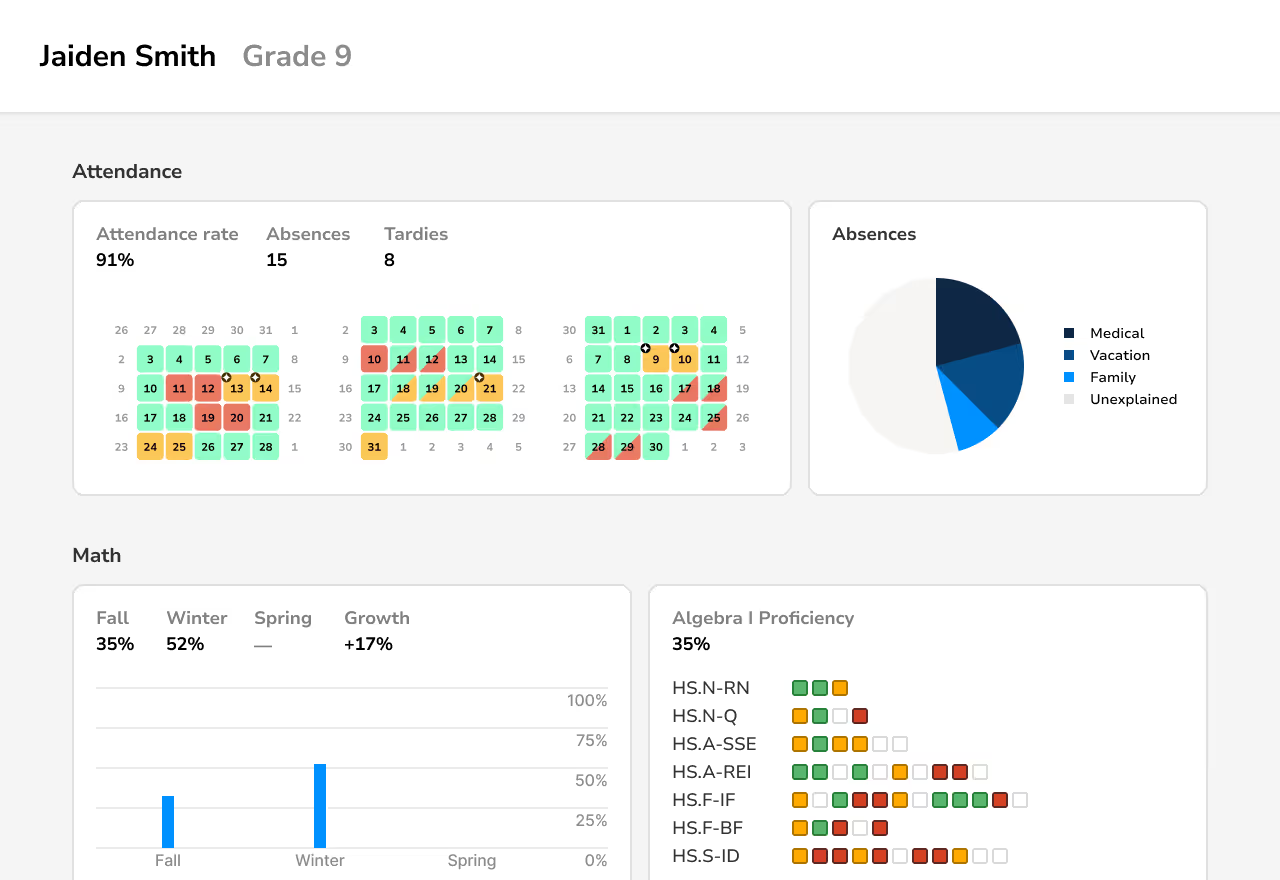Deliver personalized interventions for every student
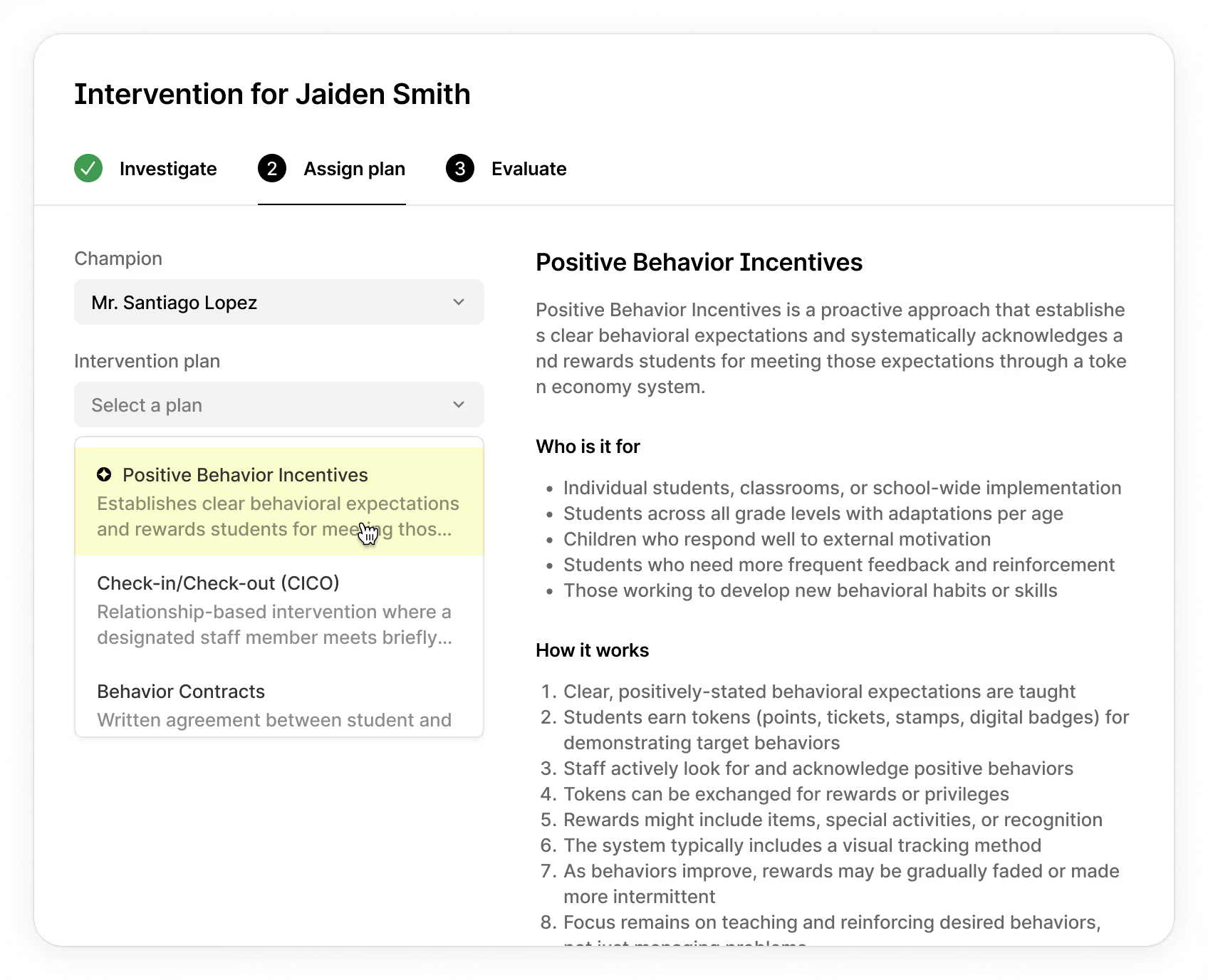

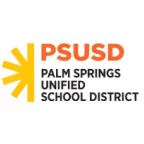
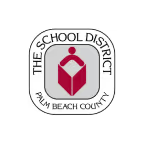





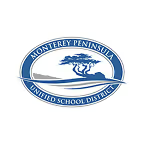




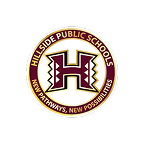

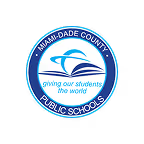
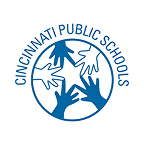



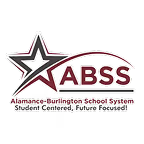
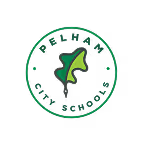



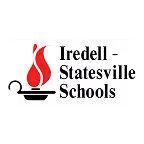

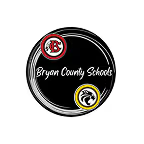



Turn school data into actionable interventions
Identify and launch interventions across math, attendance, behavior, SEL & wellbeing
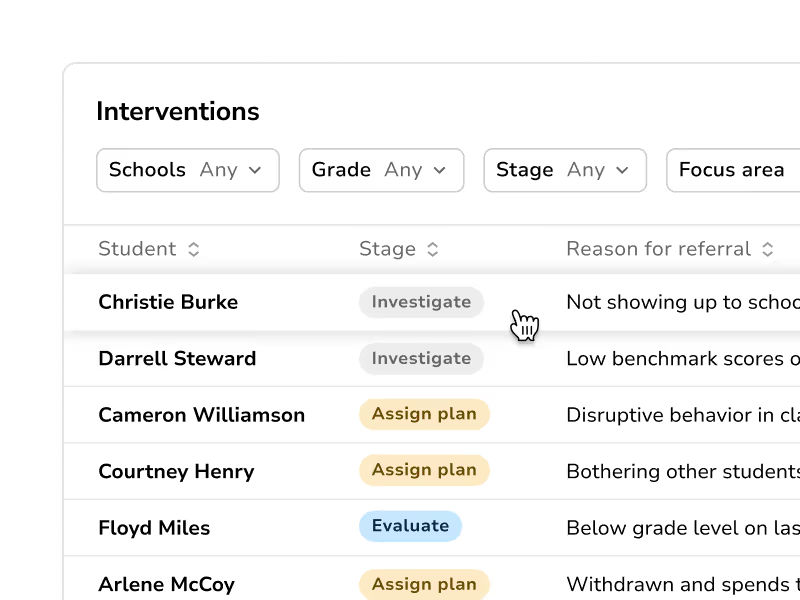
recommended by AI
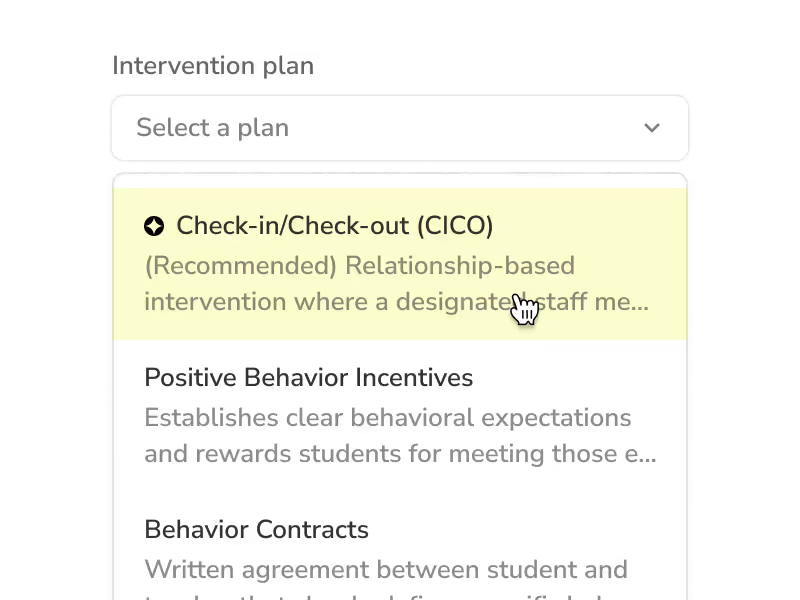
interventions together
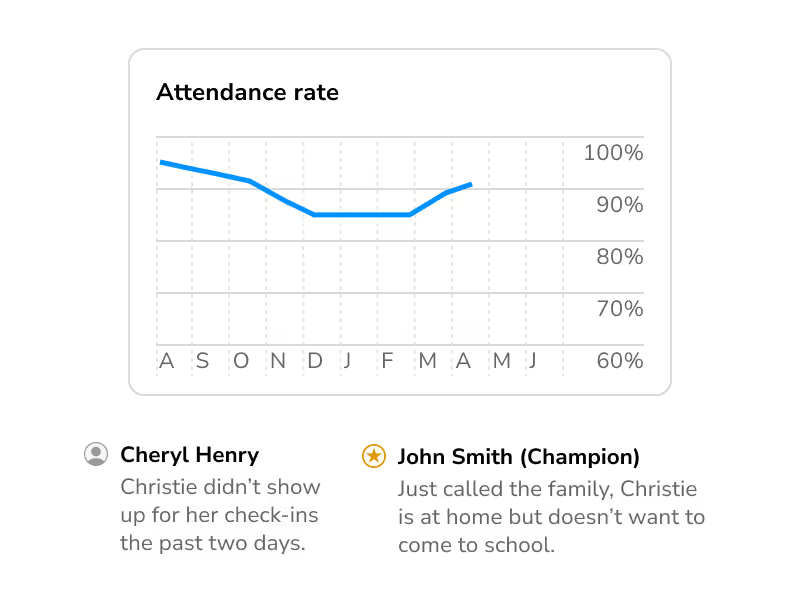
Unify the team around MTSS best practices
Create data-driven interventions in minutes
Peer Tutoring is a collaborative learning strategy where students work in pairs to support each other's mathematical understanding, with one student (the tutor) providing guidance, explanation, and feedback to another student (the tutee).
Explicit Instruction with Practice is a teacher-led instructional approach that breaks down complex mathematical concepts into manageable steps, with clear modeling followed by structured guided practice and independent practice to build mastery.
Brief, personalized communications sent to families that provide factual information about a student's attendance record along with encouraging messages about the importance of regular school attendance.
A motivation-based approach that offers recognition or rewards to students who maintain consistent attendance or show significant improvement in their attendance patterns.
Attendance Contracts are formal written agreements developed collaboratively between students, families, and school staff that establish clear attendance goals, outline specific responsibilities for all parties, and document support strategies and consequences.
Check & Connect is a relationship-based intervention where a designated staff member meets briefly with targeted students each morning to provide encouragement, problem-solve barriers, and establish a positive start to the school day.
Home Visits involve school staff traveling to students' homes to build relationships with families, understand attendance barriers in their context, and develop collaborative solutions to improve school attendance.
Attendance Support Group is designed to improve school attendance through a combination of peer support, accountability, and skill-building in a small group setting. The program creates a supportive community for students struggling with attendance.
Early Outreach/Phone Calls is a proactive intervention where school staff make personal contact with families at the first signs of attendance concerns to provide support, express care, and prevent patterns of chronic absenteeism from developing.
Social Skills Training is a structured, evidence-based intervention that explicitly teaches students specific social competencies through instruction, modeling, practice, and feedback to improve peer relationships and classroom functioning.
A two-part process beginning with a Functional Behavioral Assessment (FBA), a systematic approach to understanding why challenging behaviors occur, followed by a Behavior Intervention Plan (BIP) that uses this information to develop a tailored strategy.
Restorative Practices is an approach to school discipline and culture that focuses on building community, strengthening relationships, and addressing harm through collaborative problem-solving rather than punitive consequences.
Positive Reinforcement & Praise is a fundamental behavior management approach that systematically acknowledges and rewards desirable behaviors to increase their frequency, building confidence and motivation.
Structured Routines are consistent, predictable patterns of activities, transitions, and procedures that create a framework for classroom life, reducing anxiety, behavioral disruptions, and instructional time lost to management issues.
A Calming Break Space is a designated, comfortable area within a classroom or school where students can voluntarily go or be directed to take a brief break to regulate their emotions, reduce stress, and return to learning in a more focused state.
Parent Collaboration through Daily Reports is a structured communication system that provides consistent, timely feedback about student behavior between school and home, creating a coordinated approach to reinforce positive behaviors and address challenges.
Explicit Phonics Instruction is a systematic, sequential approach to teaching reading that directly teaches the relationship between letters and sounds, how to blend these sounds into words, and the rules governing written language structure.
Guided Reading is a small-group instructional approach where the teacher supports students reading texts at their instructional level, providing strategic teaching to develop reading strategies, fluency, and comprehension.
Reading Recovery is an intensive, short-term intervention providing one-on-one tutoring for first-grade students struggling with early reading and writing, designed to accelerate progress and bring students to grade-level proficiency within 12-20 weeks.
The Orton-Gillingham Approach is a highly structured, multisensory method for teaching reading, spelling, and writing that systematically builds language skills through direct instruction of phonological awareness, sound-symbol relationships, syllable patterns, and morphology.
Repeated Reading Practice is a fluency-building strategy where students read the same text multiple times until they achieve a target level of speed, accuracy, and expression, gradually developing automatic word recognition and appropriate phrasing.
Reciprocal Teaching is a structured, dialogue-based comprehension strategy where students take turns leading small group discussions using four specific strategies—predicting, questioning, clarifying, and summarizing—to construct meaning from text.
Peer-Assisted Learning Strategies (PALS) is a structured peer-tutoring program where students work in pairs on research-based reading activities, taking turns as coach and reader to develop fluency, phonics skills, and comprehension strategies.
Self-Monitoring is a metacognitive intervention where students systematically observe and record aspects of their own behavior or academic performance to increase self-awareness, promote self-regulation, and develop greater independence.
Peer Language Buddy is a partnering system that pairs students learning language with more proficient peers to provide authentic communication practice, language modeling, and social support in natural contexts throughout the school day.
Check-in/Check-out (CICO) is a daily intervention that provides students with consistent adult support, regular feedback, and reinforcement through a structured framework of morning goal-setting and afternoon progress review.
Choose from 50+ evidence-based plans, guided by AI
Collaborate with your team to change student lives
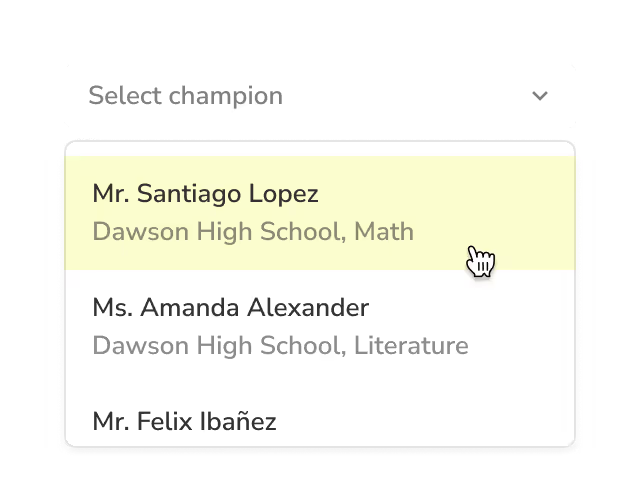
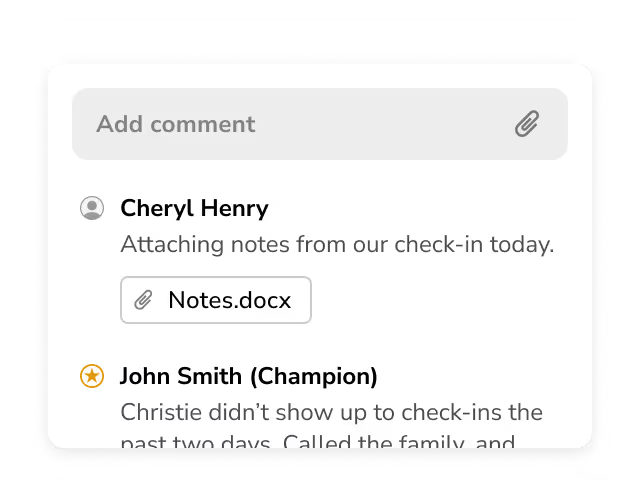
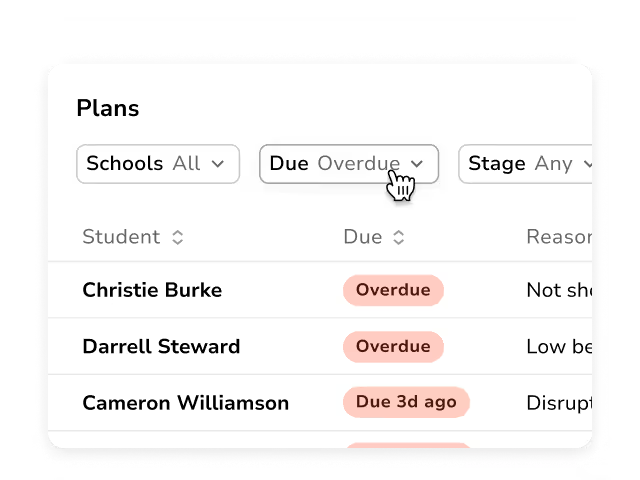
Strategies for holistic student support
Connect to all your systems
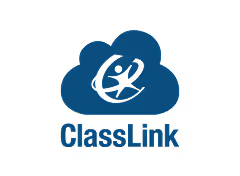

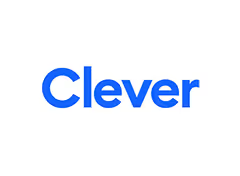
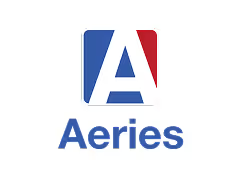
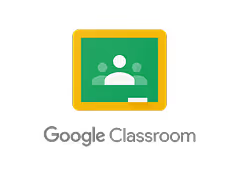
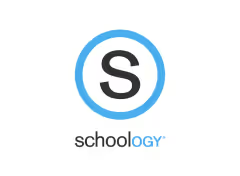
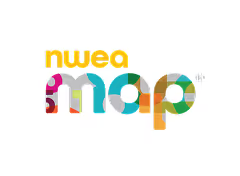
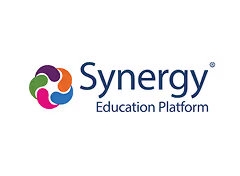








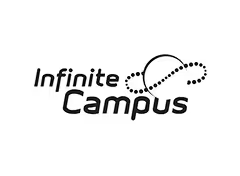

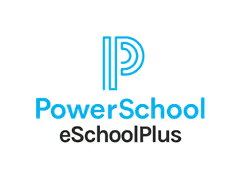

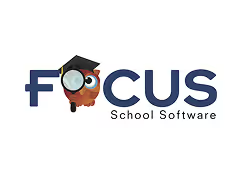

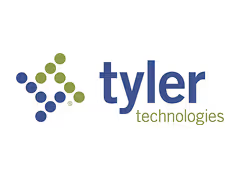
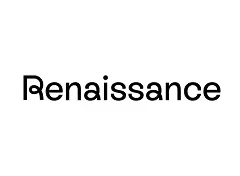








Learn about MTSS
Contact Sales
